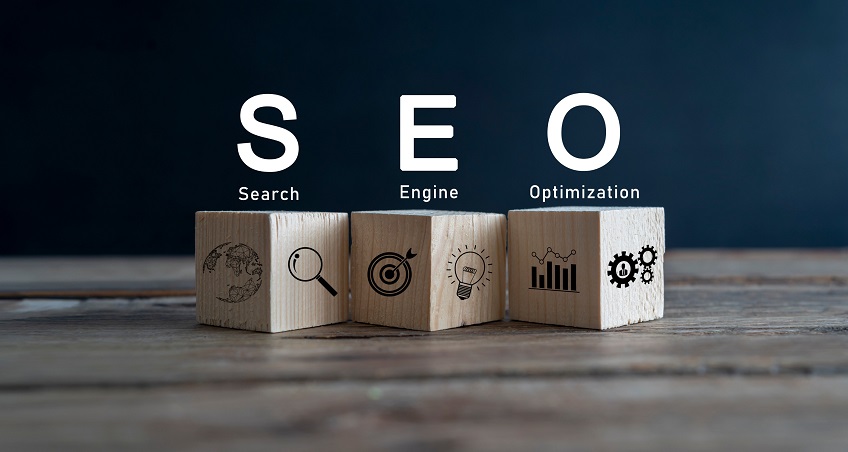
Captivating content with quality information is the foundation of SEO success. Search engines are getting smarter with ranking algorithms, and today they are looking for intentional, credible substance. If you have writer’s block and are unsure where to start, here are some tips to help you write to SEO needs.
Be organized and structured: To help draw an audience to your site, you’ll want a little structure to your content. Go for an introduction to pull people in then get into the gritty of what you want to convey. Finish off with a conclusion that makes people feel they truly learned something while also leaving them with further interest in your what your site has to offer.
Write with passion and honesty: Whatever you’re writing about, you have to have a good level of interest in the subject or your readers will know it. If you’re bored writing it, they’ll be bored reading it. Do a little research to ensure you’re writing to what your readers want and add some character to your writing to make it personal and authentic.
Prioritize headings and subheadings: Headings and subheadings are a great way to attract readers to your site. Consider coming up with a list of ideas and tackling a new topic every month or quarter to keep content fresh and informative. The headings you use is the first indicator readers look at to decide if they want to continue to your site.
Be wise with media elements: Videos, images, infographics, etc. can make or break a site. Optimizing media elements ensures a site runs smoothly and quickly while also providing interest and appeal. Format and size play a big role in the optimization process. Make sure your media elements pair well with your content and load correctly for both mobile devices and desktops.
Don’t get long winded: Some people struggle to get the words out and others struggle to wrap it up. Sometimes it’s hard to summarize our passions into short posts online, but being concise will leave readers wanting more information rather than regretting plunging into a never-ending topic that’s now confusing. Instead, opt for several short and sweet posts rather than a few lengthy ones.
Internal linking can be useful: Chances are your website will contain some cross-over information. Like the tip above about several short posts, linking to coordinating information (but not repeated) reduces your bounce rate and helps search engines associate the material you’re providing. These links also encourage readers to stay on your site with their one-click options to other information sources.
Use email lists and social media: Social media is a great resource to see what’s trending in the world of your particular audience. Check out conversations and pay attention to shares or pins that relate to your business so you can better cater to those interests. Email lists can be used to reach out to your audience directly for ideas on what they’d love to see from you. Build a personal connection through email and social media interaction.
For help on your SEO journey, reach out to Utah SEO to ensure all optimization boxes are checked.